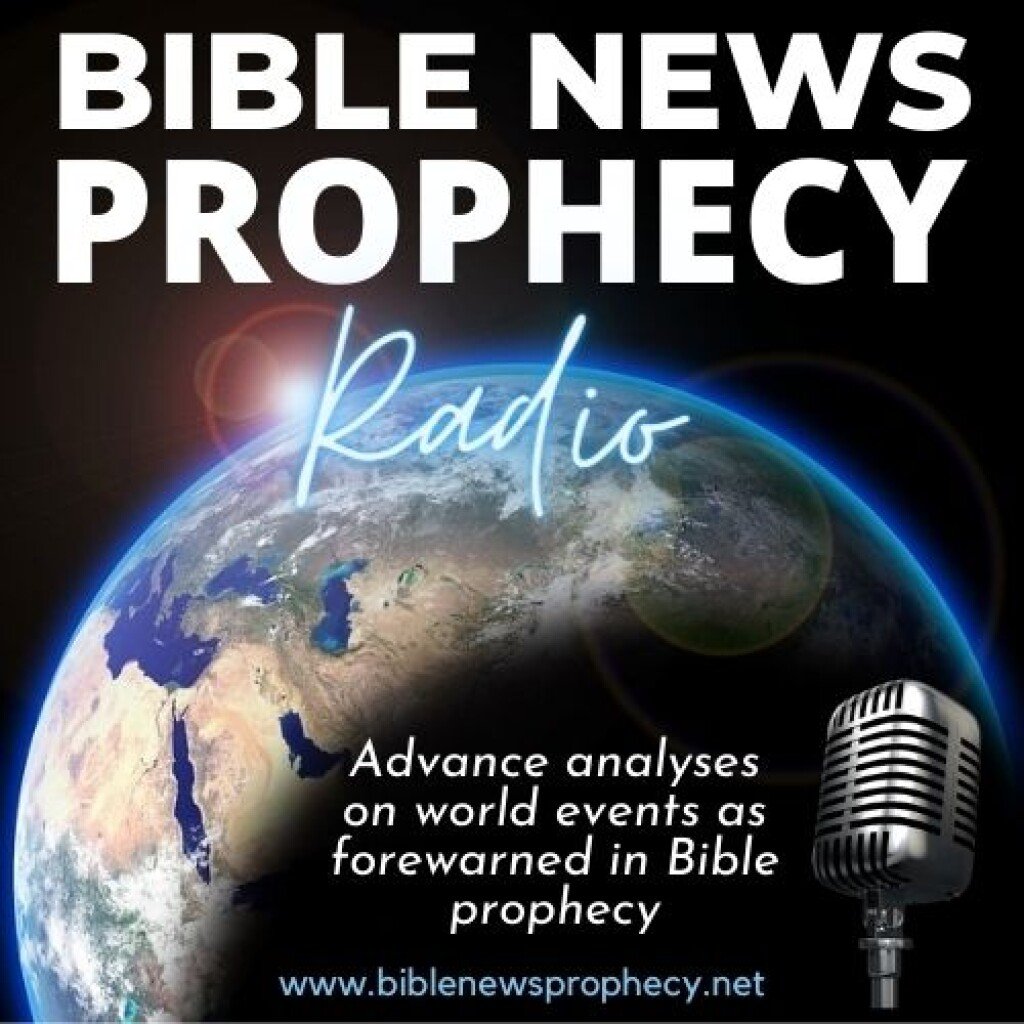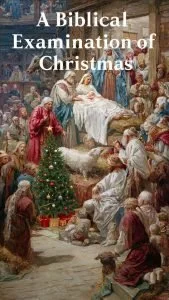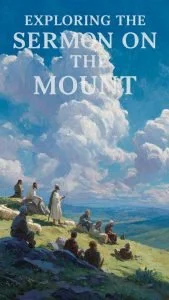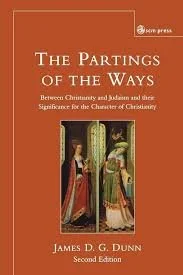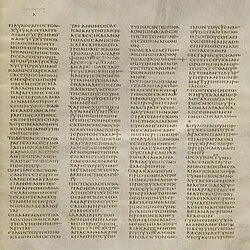(Pixabay photo)
Should you keep Christmas? Is it truly a Christian thing to do? Why or why not? Many try to teach that it is appropriate for Christians to keep it. But what do we learn from the Bible? What can church history help us better understand.
In this sermon, Dr. Thiel goes over the following 25 reasons not to keep Christmas:
In Leviticus 23, God lists His festivals–with specific dates.
In Jeremiah 10, God says not to follow pagan practices, such as using a decorated tree, in the worship of Him.
Nowhere in the Bible is the date of Jesus’ birth mentioned.
Scripture opposes the view that Jesus could have been born in late December because the “census would have been impossible in winter” per The Catholic Encyclopedia and because shepherds were not spending the night outside with their flocks then.
Nowhere in the Bible is anyone instructed to observe the date of Jesus’ birth.
The Bible does not show that Jesus’ disciples ever observed the date of Jesus’ birth.
At the time of Christ, observant Jews did not celebrate birthdays, nor did early Christians.
The Apostle Paul wrote that Christians were not to use demonic pagan practices (1 Corinthians 10:20).
Christmas was NOT part of the ‘faith once for all delivered to the saints’ (Jude 3).
Early church writings do not show that any Christian observed the date of Jesus’ birth.
The sun god Mithras was allegedly born on December 25th as the season was celebrated as the rebirth of the sun.
Pagans celebrated the sun-god Mithras and the god of agriculture Saturn in late December each year with lights, wreaths, parties, and gift-giving.
About 2 centuries after Jesus was born, Tertullian wrote that people in what we would now call the Eastern and Roman Catholic churches, used wreaths and lights, gave gifts, etc. in late December to be like the heathen. Pagan worship really is the “reason for the season.”
Tertullian condemned those practices as demonic and idolatrous and further wrote that those who professed Christ should not honor pagan gods in their worship.
The pagan Emperor Constantine worshiped the sun-god Mithras and celebrated Jesus’ birth on December 25th starting in 336 A.D.
Roman pontiffs followed Emperor Constantine’s lead and in 354 A.D., Bishop Liberius of Rome ordered the people to celebrate on December 25.
The anti-Semite Constantinople Bishop John Chrysostom, who opposed the biblical holy days, got a December 25th celebration adopted in his area by 395 A.D.
The word for Christmas in late Old English is Cristes Maesse, the Mass of Christ, first found in 1038, and Cristes-messe, in 1131. It most certainly did not come from the Bible.
The “twelve days of Christmas” originally came from the 12 days of Yuletide which began at sunset on December 20, known as Mother Night, and ended on the night of December 31, the Night of the Oak King and the Roman day of Hecate.
Mistletoe came from the pagan Druids.
Yule logs were originally a scandal to the Church of Rome, but were later embraced.
Roman Catholics originally condemned Protestantism as the “Tannenbaum religion” because of what are called Christmas trees. But now Vatican City prominently displays one each year.
It is wrong to bear false witness, including telling lies about the mythological Santa Claus.
Christmas is NOT a biblical nor truly a Christ-centered holiday. It is a sentimental and commercialized pagan tradition.
The Apostle Paul warned Christians that they were not above God’s wrath for combing pagan traditions with Christian practices (1 Corinthians 10:21-22).
Dr. Thiel cites scriptures and historical sources to explain why those who wish to obey the God of the Bible would not celebrate Christmas.
Three free books mentioned in the sermon are also available:
Should You Keep God's Holy Days or Demonic Holidays? URL: https://www.cogwriter.com/GodsHolyDay...
The Ten Commandments: The Decalogue, Christianity, and the Beast URL: https://www.cogwriter.com/TenCommandm...
Continuing History of the Church of God URL: https://www.cogwriter.com/continuing-...
